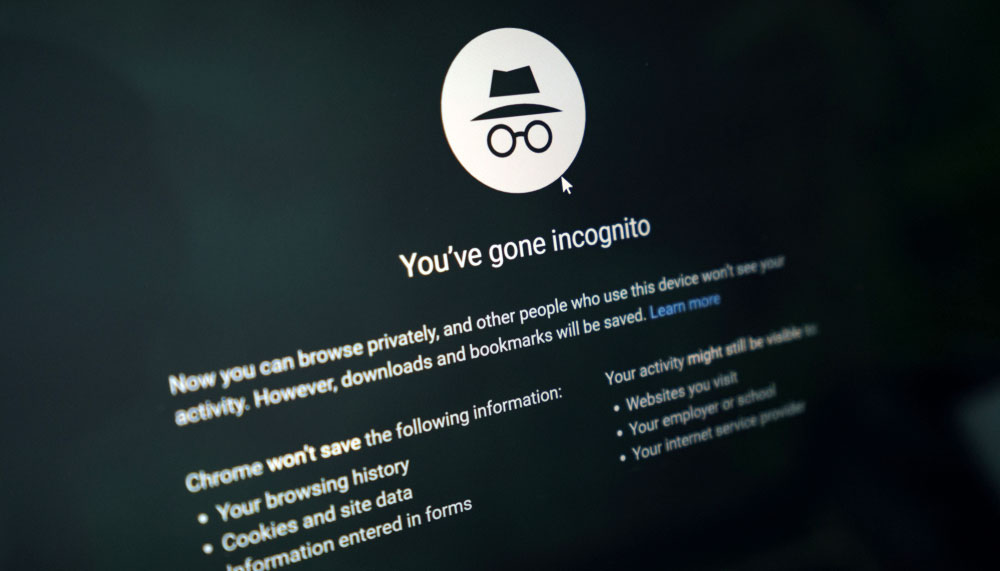Google facing $5 billion Chrome Incognito mode lawsuit — what you need to know
Google's request to have the Incognito Mode lawsuit dismissed has been denied

Google is headed for a $5 billion lawsuit under allegations that Google Chrome’s Incognito mode can still track users and collect personal information.
The lawsuit was filed last June, but has now been given the go-ahead to continue after Google’s request for dismissal was denied by a judge. Google has said (via Engadget) that it plans to “vigorously” defend itself against the allegations.
- These are the best VPN services you can use right now
- Don't forget to try out these best Google Chrome privacy extensions
- Plus: Google just leaked 11 upcoming Android phones — here's what's coming
Google claims that it repeatedly warns users that Incognito “does not mean invisible”, which was its main argument when trying to have the lawsuit dismissed. Meanwhile, participants in the lawsuit have accused the search giant of misleading users, telling them that information was private when their browsing habits were still being monitored.
Judge Lucy Koh ruled that Google has not done enough to notify users that Incognito mode still allowed for data collection. Whether that’s enough for plaintiffs to actually win their lawsuit is yet to be seen. But for now it’s enough for the lawsuit to go ahead, and force Google to defend itself in court.
For what it’s worth, Incognito Mode is not a method of keeping yourself truly private when browsing the web. It’s really just a tool to stop your browser from saving browsing history, cookies, site and form data. Google’s own incognito explainer does say that activity isn’t hidden from websites, internet providers or whomever manages your network.
That said, Google does refer to Incognito Mode as “private” browsing several times. It may well be that Google’s definition of “private is different to that of the general public. Much like how products with “lifetime support” won’t necessarily be covered for the rest of the buyer’s life.
It’s not clear what would happen if the lawsuit is successful, and what that might mean for potential damages. Google Chrome has well over a billion worldwide users at this point, so it's not clear how much of that $5 billion settlement individuals would get.
Sign up to get the BEST of Tom's Guide direct to your inbox.
Get instant access to breaking news, the hottest reviews, great deals and helpful tips.
Your best bet for keeping your browsing habits private is to pick up one of the best VPNs. Connecting to a VPN server will help mask your activity as you browse, and make it harder for you to be tracked. Of course, it’s not fool proof, and if you’re very serious about keeping everything as anonymous as possible there’s always the Tor browser.
The basic idea is the same as using a VPN. The key difference is that VPNs funnel your browsing through a single server, whereas Tor funnels it through dozens of them to give you an anonymity boost.
- More: How to use Tor: What Tor is and how it works

Tom is the Tom's Guide's UK Phones Editor, tackling the latest smartphone news and vocally expressing his opinions about upcoming features or changes. It's long way from his days as editor of Gizmodo UK, when pretty much everything was on the table. He’s usually found trying to squeeze another giant Lego set onto the shelf, draining very large cups of coffee, or complaining about how terrible his Smart TV is.
